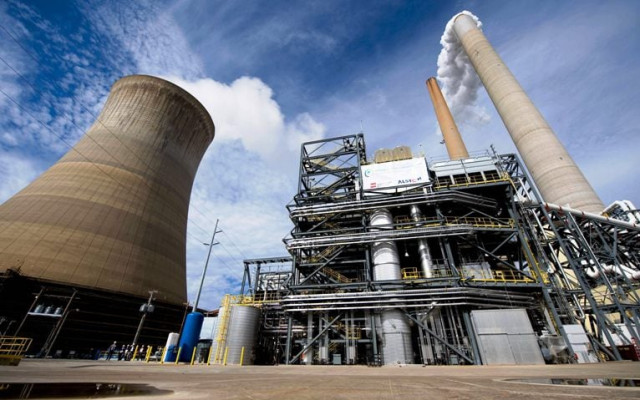Power crisis and political correctness
It is time to make tough decisions, even unpopular ones.

Power crisis and political correctness
Eighteen years ago, Lee Kuan Yew was invited to Pakistan for an extended trip by then prime minister Nawaz Sharif, to assess and guide us in running the country as efficiently and successfully, as he built the island state of Singapore into a spectacular economy.
Towards the end of his tour, when asked what his impressions were, he said, “This morning I got late for my scheduled activities of the day, because the electric alarm I had set for myself woke me up late. The cause was discovered to be that during the night there had been power breakdown which affected the clock. Now electricity, water and roads are the basic infrastructure without which no economic planning or progress can begin. Therefore, I think you should focus on these basics first before contemplating any industrial or other progress.” Lee is known for speaking his mind clearly.
A typical front-page headline in our newspapers can read like this, “26 surgeries postponed at the Civil Hospital”. The causescan be shortage of water, or lack of electricity. If a facility like a hospital has to face such life threatening conditions due to basics like water and electricity, then it is not hard to imagine what other sectors of the society like business and industry must go through.
There is a need to carry out comprehensive research into the amount of foreign exchange wasted on import of generators just because the state is too inefficient or corrupt, or both, to supply the basic need on which everything else is built.
The most intriguing part of this whole power deficiency in our country is that: all the governments were aware of it. They all expressed the critical need for it; they all formed some committees and authorities and plans to address it (at least publicly); yet the situation over the decades has deteriorated. So, do we have any hope for a better future? Let’s revert to Mr. Lee Kuan Yew.
Widely regarded as the father of modern Singapore, former prime minister Lee Kuan Yew spoke an American forum in 2000, about the challenges he faced in transforming Singapore from a poor island city to a prosperous nation.
Lee said that when the former British colony became fully independent in 1965 it faced tough challenges, as did many other former colonies. He learned from the failed policies of countries such as India, Pakistan, Ghana and Nigeria.
For Lee, economic viability was the top priority. He described how he reached beyond his immediate neighbours to export to Europe and America, ultimately attracting US computer companies. He said his strategy was to “turn Singapore, a third world island, into a first-world oasis,” by establishing up-to-date facilities in communications and transportation.
Lee is credited for effectively handling of Singapore’s multi-racial population. The country’s population was a mix of 77 per cent Chinese, 14 per cent Malay-Muslims and 8 per cent Indians mostly Hindus.
“Without a cohesive people at peace with each other, development is not possible,” he said. Singapore dealt with the diverse populations by encouraging everyone to learn two languages, English and their mother tongue.
“To produce results, we had to shape the administration into an effective instrument of policy,” he said. In order to have a clean and effective governance, government requires complete accountability. Corruption, he said, had to be eradicated.
As a leader, Lee said he learned to ignore political correctness when it did not accord with his national interest. In the 1960s and 70’s, it was politically correct to be anti-American. He rejected this, because the US had the “capital, the technology and the markets.”
Our leaders do at times ignore political correctness, but sadly for infinite self-preservation only.
The contributor writes on socioeconomics and has a background in trading and exports in the private sector.
Published in The Express Tribune, January 9th, 2012.



















COMMENTS
Comments are moderated and generally will be posted if they are on-topic and not abusive.
For more information, please see our Comments FAQ